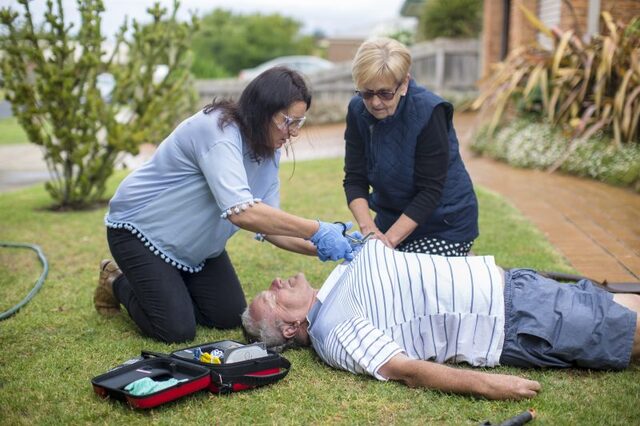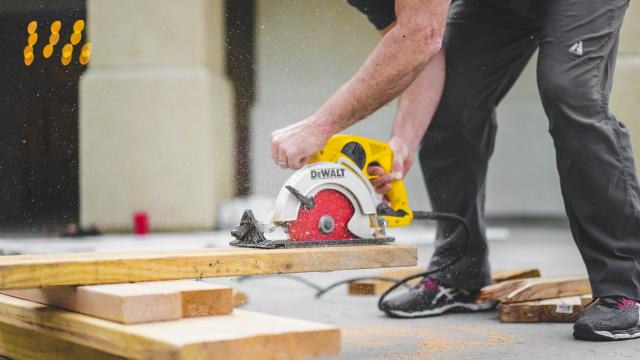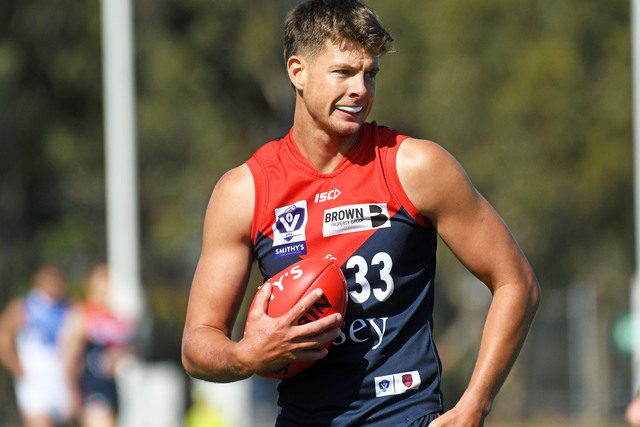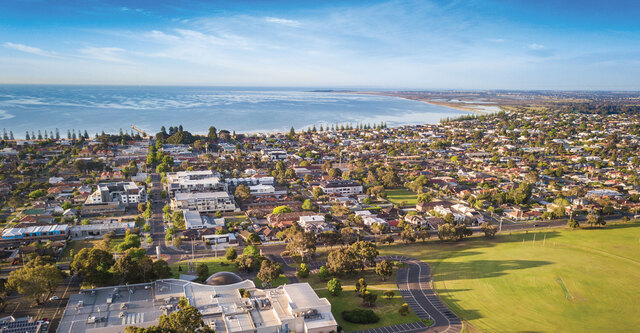Ambulance Victoria (AV) paramedics are emphasising the importance of early intervention for cardiac arrest cases, following a study that found a defibrillator shock from a bystander can vastly improve survivors’ quality of life 12 months on.
The data collected by researchers from AV, Monash University, Victoria University and The Alfred Hospital, underpins AV’s month-long Shocktober campaign, which highlights the life-saving importance of learning CPR and knowing how to use an automated external defibrillator (AED).
The Victorian study interviewed 1520 out-of-hospital cardiac arrest (OHCA) patients who had a shockable heart rhythm and survived 12 months after cardiac arrest.
Of the participants, about 72 per cent were first shocked by paramedics, about 18 per cent were shocked by first responders and about 10 per cent by bystanders.
Findings showed that 12 months on from cardiac arrest, survivors who received bystander defibrillation were 77 per cent more likely to live at home without care, 72 per cent more likely to have returned to work and 53 per cent more likely to have had a good functional recovery when compared to survivors who waited longer to receive the first shock from paramedics.
AV director of research and evaluation Ziad Nehme said bystander intervention not only increased a cardiac arrest patient’s chance of survival but could have life-changing effects long after the incident.
“Brain damage occurs quickly after the onset of cardiac arrest, as brain cells are starved of oxygen,” he said.
“Bystander defibrillation halves the time to giving the first shock compared to waiting for paramedics, so the sooner defibrillation can be administered, the less brain damage to patients.”
The study also showed survivors who received bystander defibrillation were more likely to be discharged home from hospital, and less likely to be discharged to a rehabilitation facility, compared to first responder or paramedic-shocked survivors.
Mr Nehme said the research further supported paramedics’ call to Victorians to learn CPR, and know where their nearest accessible AED is and how to use it.
“Victoria has the best cardiac arrest survival rate in Australia, and one of the best in the world, but we want to further improve those rates by increasing bystander intervention before paramedics arrive,” he said.
“If you witness someone suffering a cardiac arrest, we urge you to call Triple Zero (000), start chest compressions and, if there’s one nearby, grab a defibrillator and apply shocks as prompted before paramedics arrive. You don’t need any training to use a defibrillator. It may not only save the patient’s life but improve their quality of life long after the event.”
The research has been published online at: https://heart.bmj.com/content/109/18/1363
To find out more about Shocktober: https://www.ambulance.vic.gov.au/shocktober/







